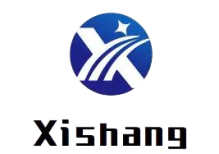- You are here:
- Home /
- Products /
- Alloy Steel /
- Superalloys /
GH4169 (Inconel 718) High-Performance Nickel-Based Superalloy Bars
GH4169 is a precipitation-hardened nickel-chromium-iron superalloy renowned for its exceptional mechanical properties, corrosion resistance, and thermal stability. Key features include:
- High-Temperature Strength: Maintains superior tensile, yield, and creep resistance up to 650°C.
- Corrosion & Oxidation Resistance: Excellent performance in acidic, alkaline, and salt-spray environments due to high chromium content.
- Fatigue Resistance: Outstanding high-cycle and low-cycle fatigue properties, ideal for dynamic load applications.
- Machinability: Good cold/hot workability in solution-treated state, though requires intermediate annealing due to rapid work hardening.
Chemical Composition (wt%)
Element | Content (%) |
C | ≤0.08 |
Si | ≤0.35 |
Mn | ≤0.35 |
P | ≤0.015 |
S | ≤0.015 |
Cr | 17.00–21.00 |
Ni | 50.00–55.00 |
Mo | 2.80–3.30 |
Nb | 4.75–5.50 |
Ti | 0.65–1.15 |
Al | 0.20–0.80 |
Fe | Balance |
I. Performance Advantages
1. Mechanical Properties: Room temperature tensile strength reaches 1370 MPa, yield strength 1030 MPa, and elongation 12%; strength remains above 80% at 650°C.
2. Machinability: The solid solution state allows for easy cutting, while the aged state allows for hardness adjustment (HRC 35-45) through heat treatment to meet diverse working conditions.
3. Welding and Fatigue Life: Compatible with various welding methods, including TIG and electron beam welding, with no cracking tendency after welding; fatigue life exceeds 130,000 cycles.
II. Typical Applications
1. Aerospace: Manufacturing key load-bearing components such as turbine disks, engine shafts, and fasteners, accounting for over 30% of the material used in modern aircraft engines.
2. Energy and Chemicals: Used in nuclear reactor internals, downhole oil drilling tools, and chemical reactors, withstanding corrosive media such as boric acid and hydrogen sulfide.
3. High-End Equipment: Pump shafts and valve stems in marine engineering, as well as complex 3D-printed structural components, requiring both strength and seawater corrosion resistance.
Surface Treatment
- Polishing: Mirror or satin finishes for precision applications.
- Pickling: Removes oxide layers using HNO3/HF solutions.
- Lubrication Coating: Applied before cold-drawing to reduce friction.
Why Choose Us ?
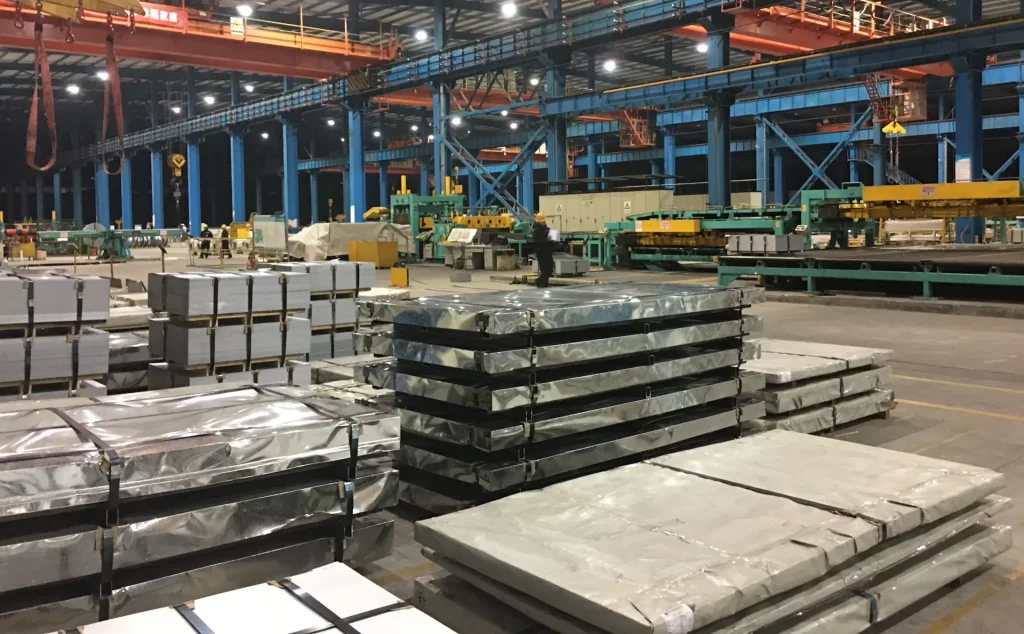
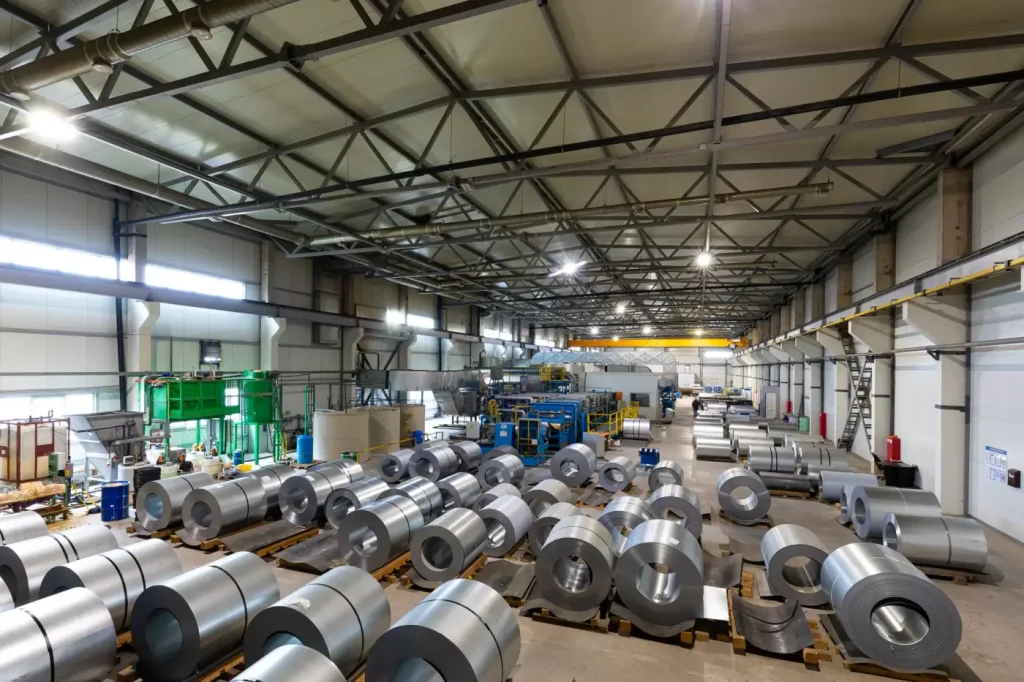
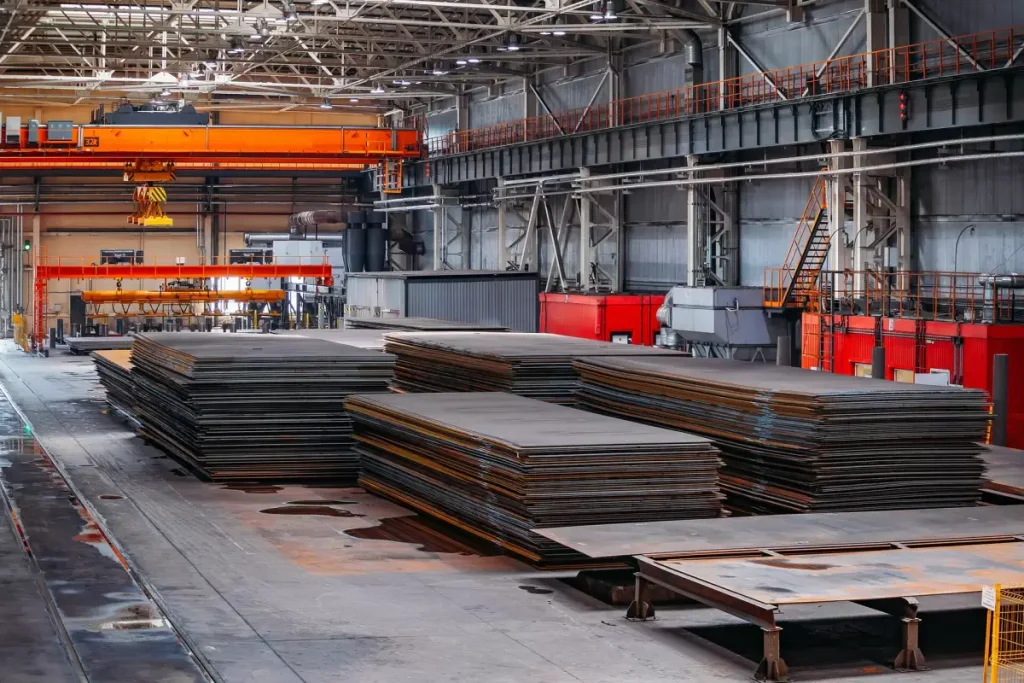
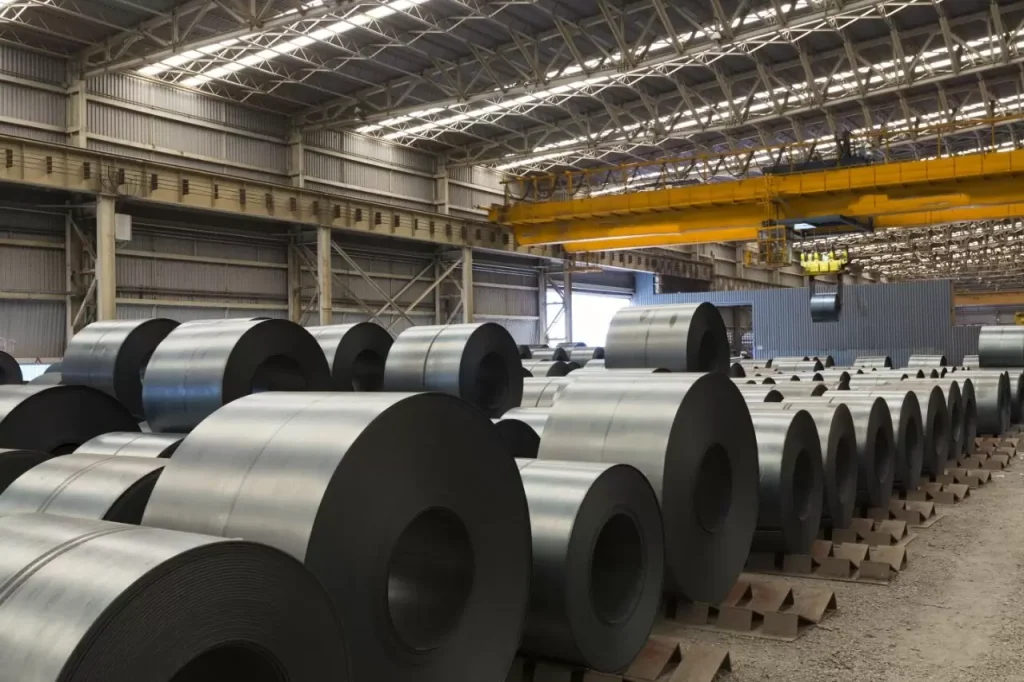
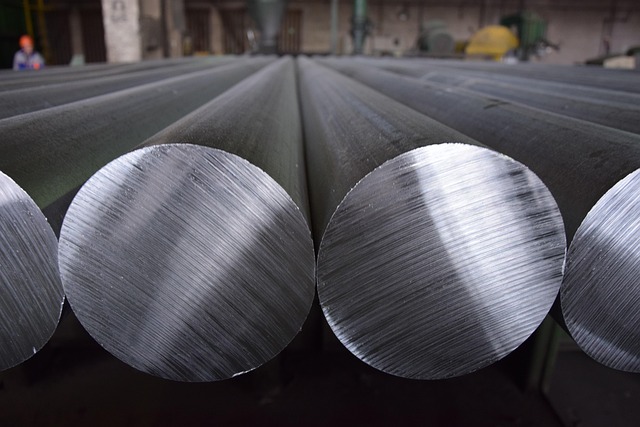
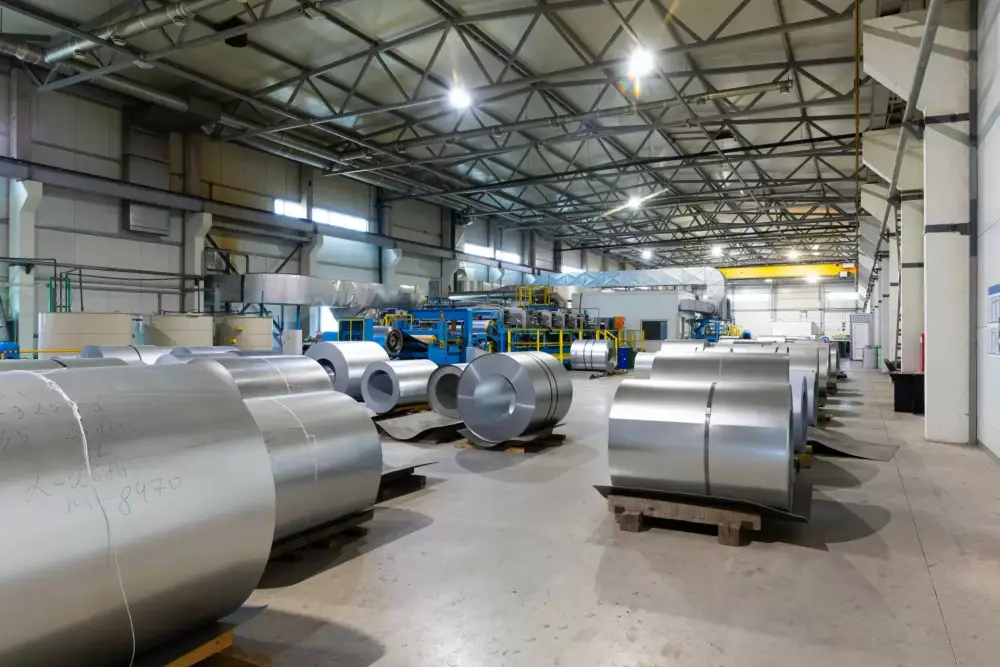
- Certified Quality: Strict adherence to GB/T, GJB, and AMS standards.
- Advanced Production: Triple-melt (VIM+ESR/VAR) refining ensures ultra-low impurities.
- Custom Solutions: Tailored dimensions (Ø ≤250mm hot-rolled; Ø ≤100mm cold-drawn) and heat treatments.
Applications & Industries
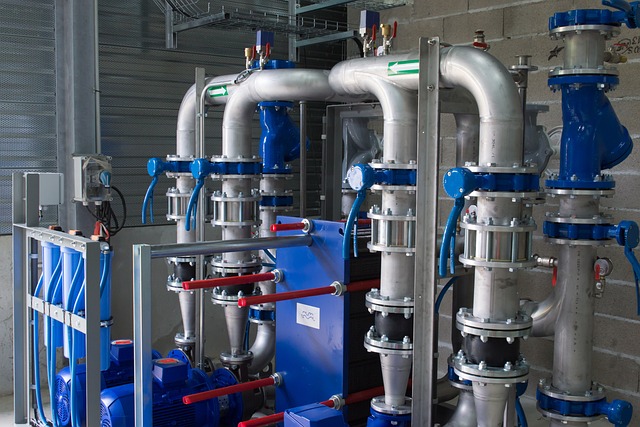
Aerospace:
High-power density actuators.
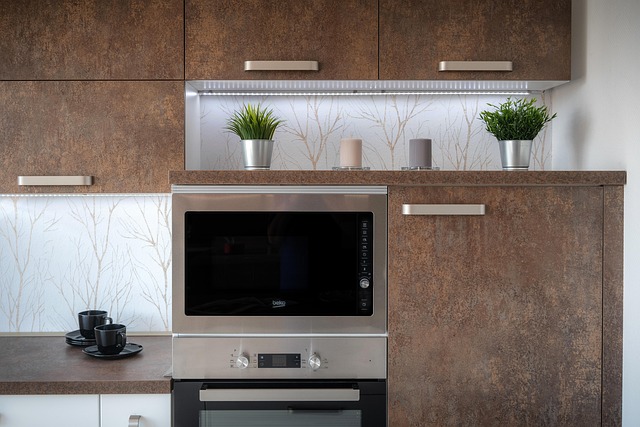
Electronics:
Precision sensors & MEMS components.
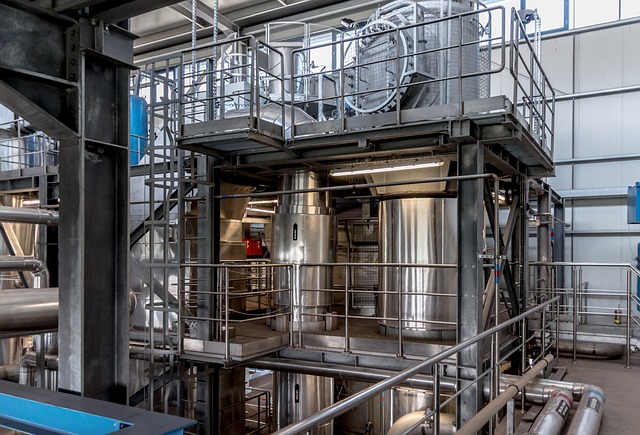
Energy:
Magnetic coupling devices for turbines.
Frequently Asked Questions
Q1: What’s the maximum service temperature?
A: 650°C long-term; 800°C short-term.
Q2: How to weld GH4169 bars?
A: TIG, electron beam, or friction welding (post-weld aging recommended).
Q3: Does cold-drawing affect mechanical properties?
A: Yes—intermediate annealing is critical to restore ductility.
Q4: Can it withstand cryogenic temperatures?
A: Yes, maintains toughness down to -253°C (e.g., liquid hydrogen tanks).
Ready to source alloy steel from a trusted Chinese manufacturer?
Let us support your project with reliable quality, fast delivery, and expert service.
Get a quote today — we usually respond within 12 hours.
